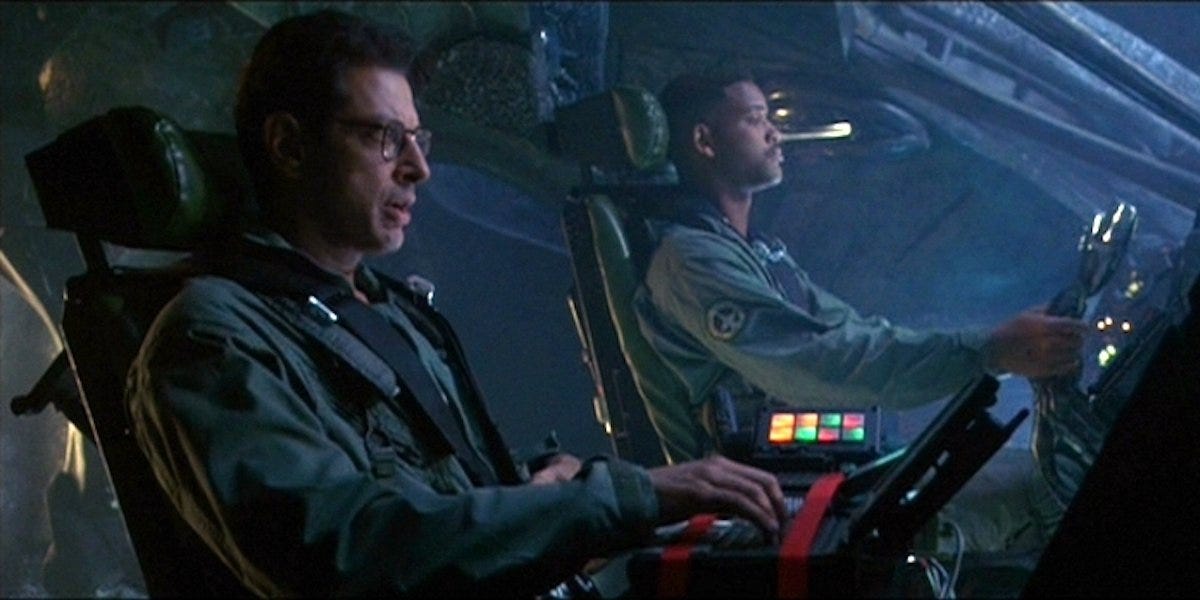How a startup feels

🌈 Abstract
The article discusses the challenges and complexities of running a startup, which is likened to operating a "magical mystery money machine" with many confusing knobs, levers, and wires that are difficult to configure properly. The key points are:
🙋 Q&A
[01] The Startup as a "Magical Mystery Money Machine"
1. What is the central metaphor used to describe a startup in the article? The article describes a startup as a "machine that prints money" - a complex, mysterious device with many interconnected components that must be carefully configured in order to be successful.
2. What are some of the key challenges in operating this "machine"?
- The machine has thousands of knobs and levers, but it's unclear what each one does.
- The wiring is tangled and some wires may be severed or have issues, making it hard to understand how the machine works.
- The switches and buttons on the machine behave in unpredictable ways, adding to the complexity.
- There is a lot of uncertainty and stress in trying to figure out how to properly configure the machine.
3. How does the author contrast the common narrative around startups being "hard work" versus the true nature of the challenge? The author argues that the real challenge is not just the hard work, but the uncertainty and lack of understanding about how the "machine" actually operates. The prevailing emotion is not stress from the workload, but stress from not knowing what to do.
[02] Dealing with Startup Challenges
1. What are some of the common problems startups face that illustrate the "magical mystery" nature of the machine?
- People not buying the product
- Competitors launching disruptive moves
- Key employees leaving
- Marketing campaigns failing to generate leads
- Technical issues with the product
2. How does the author suggest founders should approach these problems, in contrast to common advice? The author argues that common advice like "talk to more customers" or "buy people pizzas" is unreliable, because every startup's "machine" is different. The key is finding a way to understand how the machine actually works, rather than just trying random solutions.
3. Who does the author suggest may be best suited to run this type of "machine"? The author suggests that "psychopaths" who are convinced they know how the machine works, even if delusionally, may be better equipped than those prone to indecision or erratic action. However, this approach also carries risks of blowing up the machine.